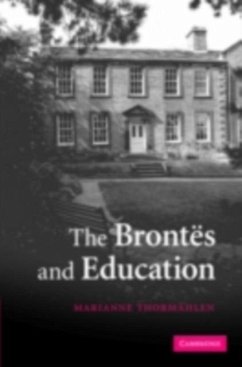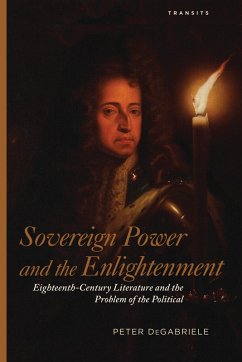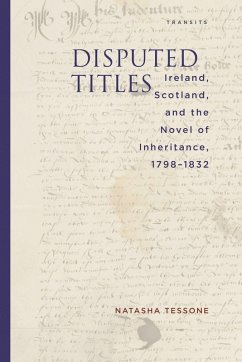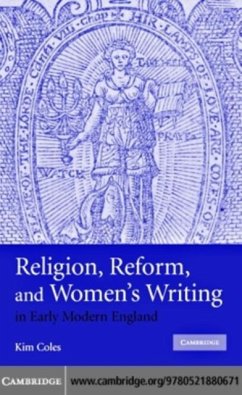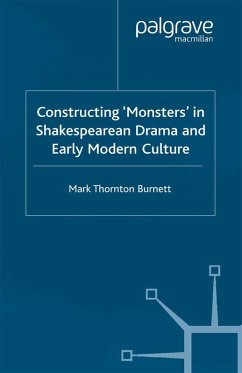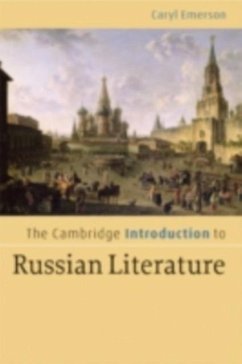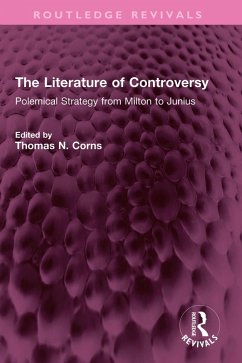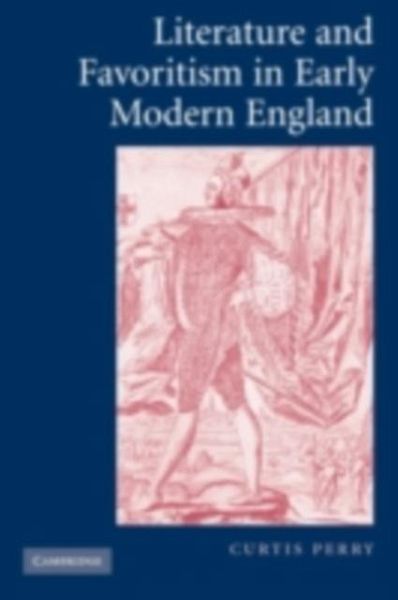
Literature and Favoritism in Early Modern England (eBook, PDF)
Versandkostenfrei!
Sofort per Download lieferbar
24,95 €
inkl. MwSt.
Weitere Ausgaben:

PAYBACK Punkte
12 °P sammeln!
For writers in the early modern period, thinking about royal favorites inevitably meant thinking about the uneasy intersection of the personal and the public in a political system traditionally organized around patronage and intimacy. Depictions of favoritism - in a variety of texts including plays, poems, libels, and pamphlets - explore the most fundamental ideological questions concerning personal monarchy and the early modern public sphere, questions about the nature and limits of prerogative and about the enfranchisement or otherwise of subjects. In this study, Curtis Perry examines the id...
For writers in the early modern period, thinking about royal favorites inevitably meant thinking about the uneasy intersection of the personal and the public in a political system traditionally organized around patronage and intimacy. Depictions of favoritism - in a variety of texts including plays, poems, libels, and pamphlets - explore the most fundamental ideological questions concerning personal monarchy and the early modern public sphere, questions about the nature and limits of prerogative and about the enfranchisement or otherwise of subjects. In this study, Curtis Perry examines the ideological underpinnings of the heated controversies surrounding powerful royal favorites and the idea of favoritism in the late Elizabethan and early Stuart period. Perry argues that the discourse of corrupt favoritism is this period's most important unofficial vehicle for exploring constitutional unease concerning the nature and limits of personal monarchy within the balanced English constitution.
Dieser Download kann aus rechtlichen Gründen nur mit Rechnungsadresse in A, B, BG, CY, CZ, D, DK, EW, E, FIN, F, GR, HR, H, IRL, I, LT, L, LR, M, NL, PL, P, R, S, SLO, SK ausgeliefert werden.




